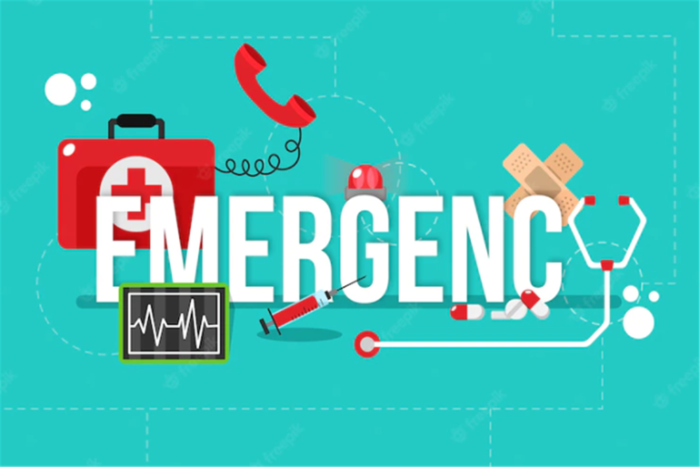John Doe
General SurgeonPretium saepe pariatur ornare cillum repudiandae inceptos iaculis cumque vulputate sequi neque quos exercitation aliquip interdum, veniam? Aute error, elit!


Emergency Care focuses on providing immediate medical attention to patients experiencing life-threatening conditions or acute illnesses, ensuring timely interventions to save lives.
Emergency care encompasses a wide range of critical medical situations, including trauma from accidents, heart attacks, strokes, respiratory distress, severe allergic reactions, and other acute health crises requiring urgent attention.
Emergencies can arise from various causes, including accidents, sudden illnesses, natural disasters, or exacerbations of chronic conditions. High-risk activities, lack of preparedness, and environmental factors can also contribute to emergencies.
Symptoms necessitating emergency care may include chest pain, difficulty breathing, severe bleeding, loss of consciousness, sudden confusion, or uncontrollable seizures. Prompt recognition of these symptoms is crucial for effective intervention.
Emergency treatment involves rapid assessment and stabilization of the patient’s condition, which may include resuscitation, advanced airway management, administering medications, wound care, or immediate surgical interventions. Emergency medical technicians (EMTs) and trained healthcare professionals work quickly to provide life-saving care.
To prevent emergencies, individuals should prioritize safety measures such as wearing seat belts, using helmets during sports, following health guidelines, and maintaining a healthy lifestyle. Recognizing the signs of an emergency and having a response plan can significantly improve outcomes in critical situations.